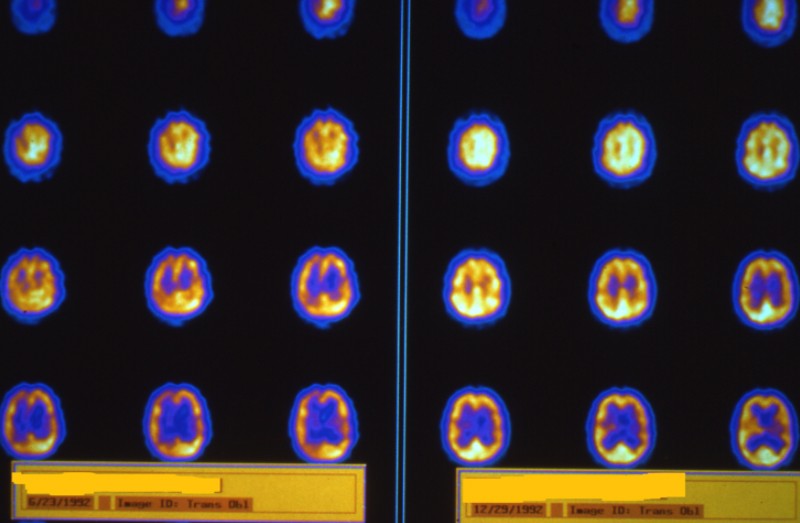Traumatic brain injury (TBI) and post-concussion syndrome (PCS) are all too frequently the result of motor vehicle accidents. Those who suffer such injuries often endure long-lasting effects. New research from Louisiana State University’s Health Sciences Center offers new hope for those with TBI/PCS – even those whose injury may have been years before.
Research led by Dr. Paul Harch, Associate Clinical Professor of Medicine at LSUHSC and published in the Journal of Neurotrauma, found that treatment with hyperbaric oxygen nearly three years after injury significantly improved function and quality of life for veterans with TBI and post-traumatic stress disorder (PTSD).
Sixteen US veterans injured in Iraq who had been diagnosed with mild-moderate traumatic brain injury/post-concussion syndrome (TBI/PCS) or traumatic brain injury/post-concussion syndrome/post-traumatic distress disorder (TBI/PCS/PTSD) were enrolled in the pilot study. The veterans underwent 40 treatments of low-dose hyperbaric oxygen therapy during 60-minute sessions over a 30-day period. They were retested within a week after treatment.
“This study strongly suggests that both post traumatic stress disorder and the post concussion syndrome of mild traumatic brain injury are treatable nearly three years after injury,” concludes Dr. Paul Harch, who is also Medical Director of the LSU Hyperbaric Medicine & Wound Care Department. “The magnitude of the improvements in memory, executive function, functional brain imaging, and quality of life, as well as reduction in concussion and PTSD symptoms cannot be explained with a placebo effect.”
Post-treatment testing revealed significant improvements in symptoms, abnormal physical exam findings, cognitive testing, quality of life measurements, and SPECT scans.
Moreover, results showed improvement in:
- 92% of vets experiencing short-term memory problems
- 87% of those complaining of headache
- 93% of those with cognitive deficits
- 75% with sleep disruption
- 93% with depression
Participants also saw improvements in irritability, mood swings, impulsivity, balance, motor function, IQ, and blood flow in the brain, as well as a reduction in PTSD symptoms and suicidal thoughts. These findings were mirrored by a reciprocal reduction or elimination of psychoactive and narcotic prescription medication usage in 64% of those for whom they were prescribed.
Find this article at:
http://www.liebertonline.com/doi/pdfplus/10.1089/neu.2011.1895
(c) 2011 InjuryBoard.com

